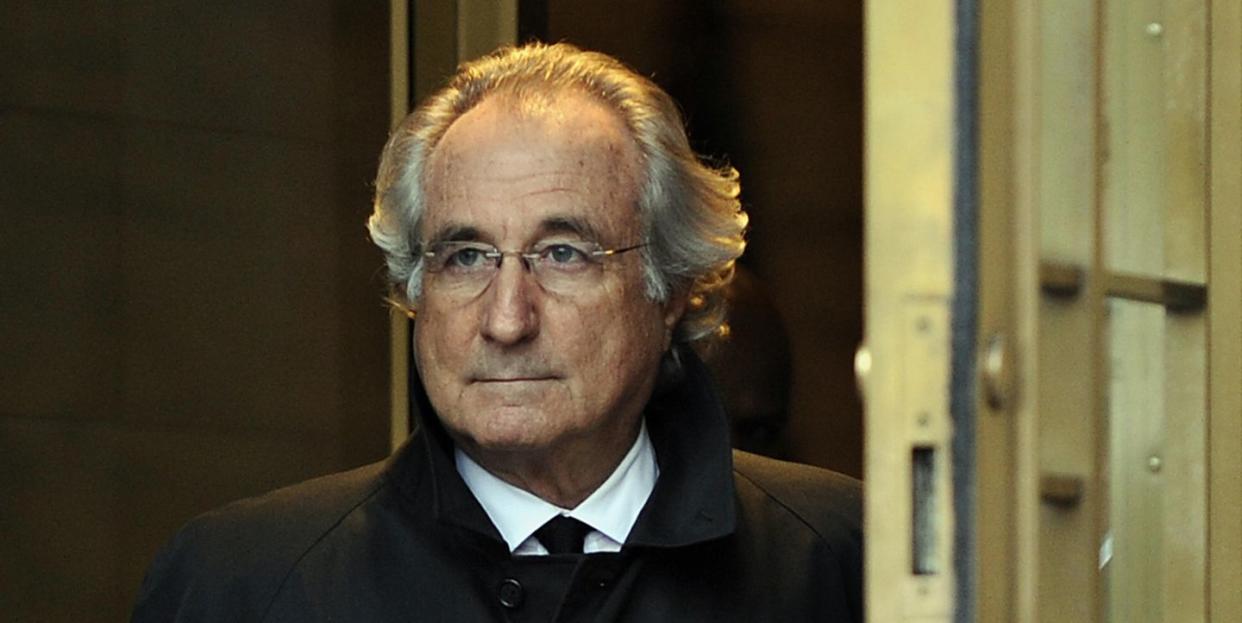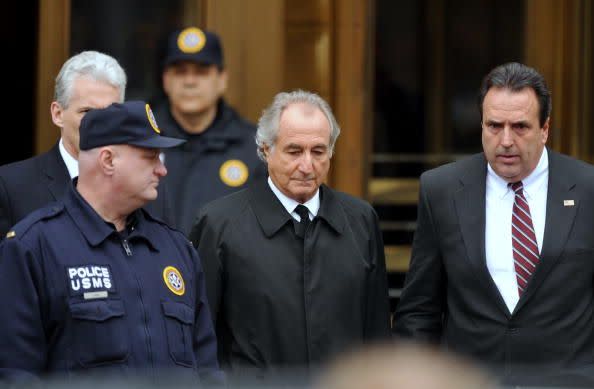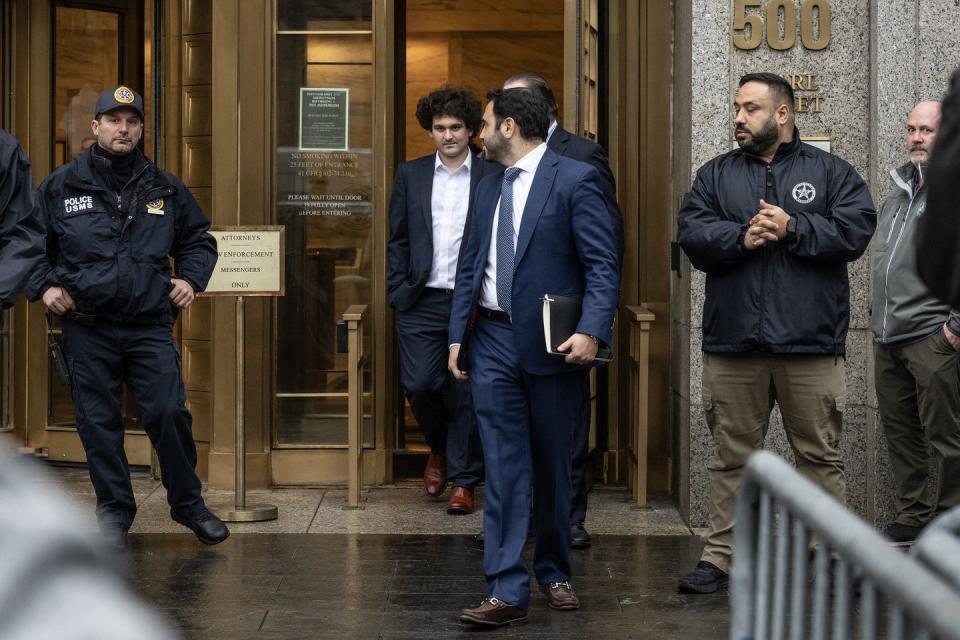What Do Bernie Madoff and Sam Bankman-Fried Have In Common? Too Much.

Something that was very bad news for very many people worked in Joe Berlinger’s favor. His Netflix documentary Madoff: The Monster of Wall Street, which premiered this week, became relevant on a whole new level with the well-timed downfall of FTX’s Sam Bankman-Fried, another man celebrated for his unparalleled financial genius before being exposed as a dangerous fraud.
Berlinger’s focus was reiterated by the FTX implosion: that lax regulations and people’s willingness to believe in financial fairy tales were critical drivers in allowing the scheme to endure. He takes us through the 2006 SEC investigation of Bernie Madoff, which came after years of warnings, including a Barron’s piece headlined “Don’t Ask, Don’t Tell: Bernie Madoff Attracts Skeptics in 2001” and the many alarms raised by Harry Markopoulos, a Boston investment professional who saw that Madoff’s returns were in no way feasible. Madoff supplied fake account information and was able to emerge unscathed.
“There were so many times that the SEC should have stepped in and didn’t. Again, with Sam Bankman-Fried, now the SEC is yelling and screaming about crypto, but where were they before this thing happened?” says Berlinger, whose films have looked at John Wayne Gacy, Ted Bundy and Whitey Bulger. “One of my goals was to lean into the wider culpability story, which has not been told. What the show demonstrates is that greed makes people act a certain way. A lot of Wall Street people who should have known better, and I think many who did know better or suspected something, nonetheless chose to look the other way, because too much money was being made.”
WATCH MADOFF: THE MONSTER OF WALL STREET NOW
Berlinger hopes Monster of Wall Street can help people protect themselves from fraud and set the record straight on the many people and institutions that enabled Madoff. Here, he speaks with Town & Country about delving back into the 2008 case, the parallels with Bankman-Fried, and what Bernie has in common with serial killers.
Why did you think there was more to say about the Madoff case?
Most of the stories to date have focused on this evil genius who single-handedly duped the world, but if you really dig into it, it’s astounding how many people enabled him or should have known better, and how many opportunities to catch him before this thing blew up to $65 billion. The other thing that’s really never been done is to dissect what he actually did. What he did was so mind-numbingly easy and not sophisticated that it’s astounding that people fell for it.
For all those reasons, I thought it would be interesting to tell this story fresh. Little did I know, of course, that FTX was going to blow up. The cautionary tale of Madoff has some of the same lessons as Sam Bankman-Fried’s, and nobody seems to get it.

Why do you think the SEC didn’t step in? How was he was able to outsmart them when he even admits his cover-up was very amateur?
It’s mind-boggling how often they were given the opportunity. Harry Markopolos dogged in getting them all sorts of red flags that anybody could wrap their head around and understand. Consistent returns never happen, and anybody with a basic understanding [of markets], especially the SEC, should have heeded these warnings.
Among those who invested with Madoff were very savvy people. I find it hard to believe that many didn’t have suspicions.
I can’t say for sure that everybody involved knew it was a Ponzi scheme, but they certainly should have known better that something was amiss. Goldman Sachs chose not to trade with Bernie. Solomon Brothers chose not to trade with Bernie.
He had that legitimate market-making business and was, at one point, responsible for almost 10% of the New York Stock Exchange volume. So certainly, everybody was trading with him in his legitimate business, but a lot of people chose not to trade with him in his illegal investment advisory business. A lot of people just chose to look the other way.

For good and for bad, what were Madoff’s talents?
He was an innovator. He took these disparate, opaque, off-exchange markets that kind of operated in the dark without a lot of price transparency and pulled them all together onto one computer screen, so to speak, which became the NASDAQ. That’s a huge achievement. In the old days, you’d buy a stock—the commission was like $29 for buying a small amount of stock—and they’d be sent in the mail. It was kind of a Wild West until Bernie came and created this NASDAQ market. He was a financial innovator, but he hid behind that to perpetrate this incredible fraud on people.
What was his end game?
The scariest part of this entire story is that the financial crisis, the mortgage market meltdown of 2008 which rippled throughout the world, was a once-in-a-lifetime event. If it wasn’t for that event and people desperately trying to call in whatever positions they had anywhere, I think this would’ve gone on for decades longer.
Bankman-Fried and Madoff really put themselves out there in terms of philanthropy, society, and community. Do you think that fed them in a sense, a way? Is there something pathological there?
Being on boards and being part of high society is a way to give you credibility to attract money to do these evil things. Pathologically evil people who do these kinds of things build all sorts of rationales around them. I think Bernie felt that he would figure out how to fix it later.
You Might Also Like

